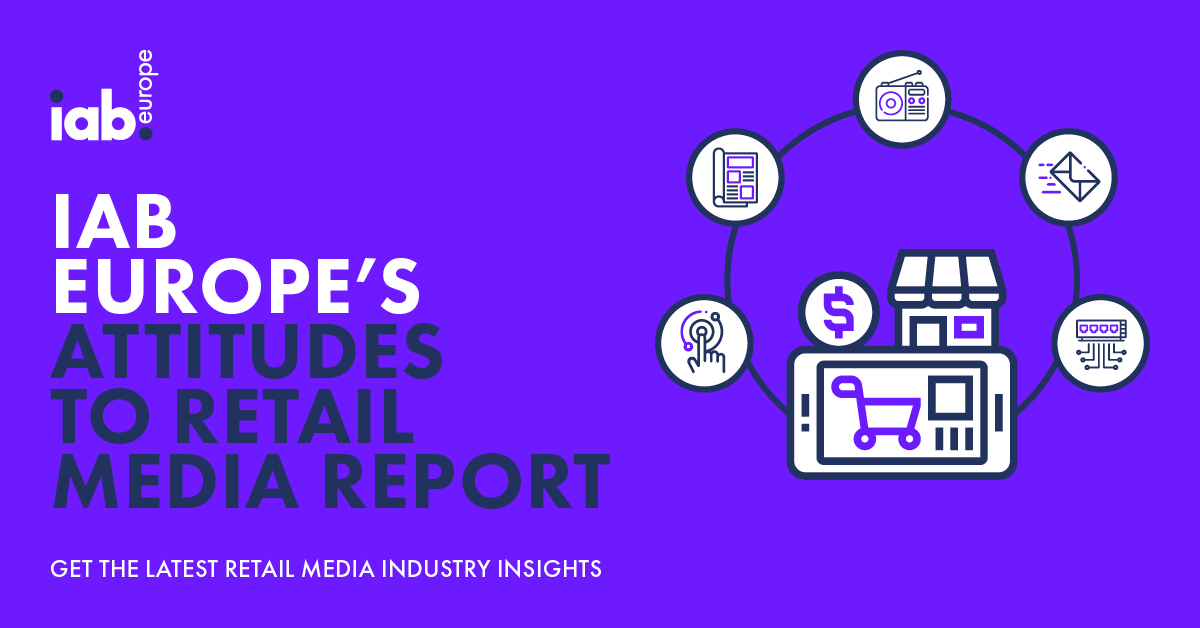The reinvigoration of catalogue retailer Freemans into, in the words of Chief Customer Officer Richard Cristofoli, “a vibrant digital department store” is a beautiful example of another shift we are seeing in retail.
The department store of old may be dead on the high street, but it is certainly starting to get a new lease of life online.
If you consider marketplaces to effectively be the department stores of the internet, then they never really went away. In fact, during the coronavirus ecommerce boom, they have gone from strength to strength – with more people than ever turning to marketplaces to do their online shopping.
But what constitutes a marketplace is changing. While Amazon is the one that springs immediately to mind when you think of marketplaces, increasingly the line between a pure marketplace – a third-party run platform that allows others to sell – and retailers that sell other brands is blurring.
And it is into this space that Freemans is propelling itself with the launch of its new site and new app this week. Freemans suddenly finds itself at the cool end of town, offering the one-stop-shop convenience of a marketplace (albeit one limited to fashion, homewares and the like), with a trusted brand, a loyal base and an ecommerce boom.
Creating a better app is a big part of Freemans’ play, as that is where the stuck-at-home shoppers are going to be and, first impressions, it looks good. Clean, easy to use and relatively fast.
Together this puts Freemans in a good position to start to leverage ecommerce properly and it is very timely. There are lessons here for all retailers, not least those that run department stores, or have a varied inventory.
The other thing that retailers need to also look to incorporate is internationalisation. This week the UK government announced a range of measures to help retailers get back on their feet post-COVID and the plan centres squarely on international ecommerce, with an eye to trade deals with the US, Japan, Australia and New Zealand.
Of course, while dressed up as a COVID recovery package, it is also clearly a ‘get ready for leaving the EU without a deal’ package too, encouraging retailers to look further afield. That said, the thinking behind it is sound. It is overseas growth where retailers need to look to compensate for declining footfall.
Combing the two tactics – a more marketplace-like approach and international outlook – is where retailers need to aiming. Together these two things service the needs of consumers at home and taps into the similarly desires of consumers elsewhere.









